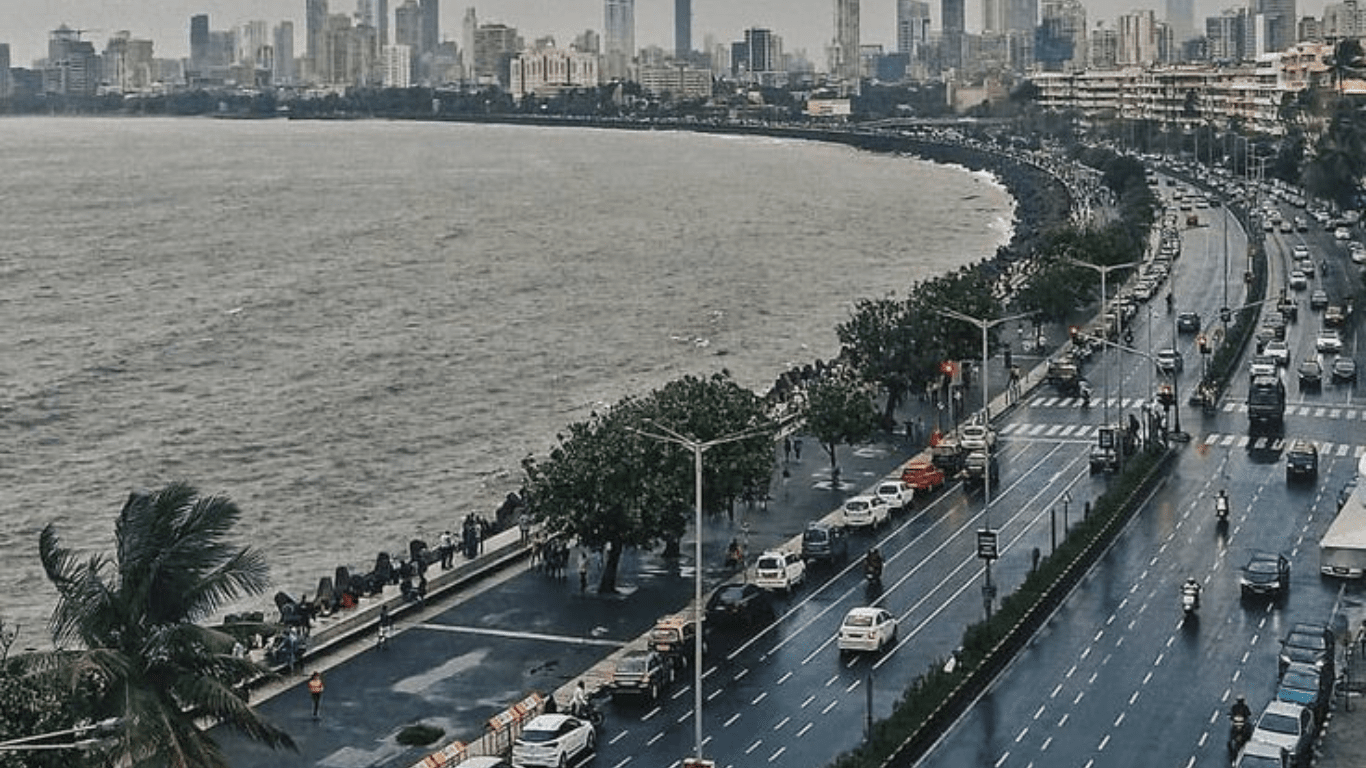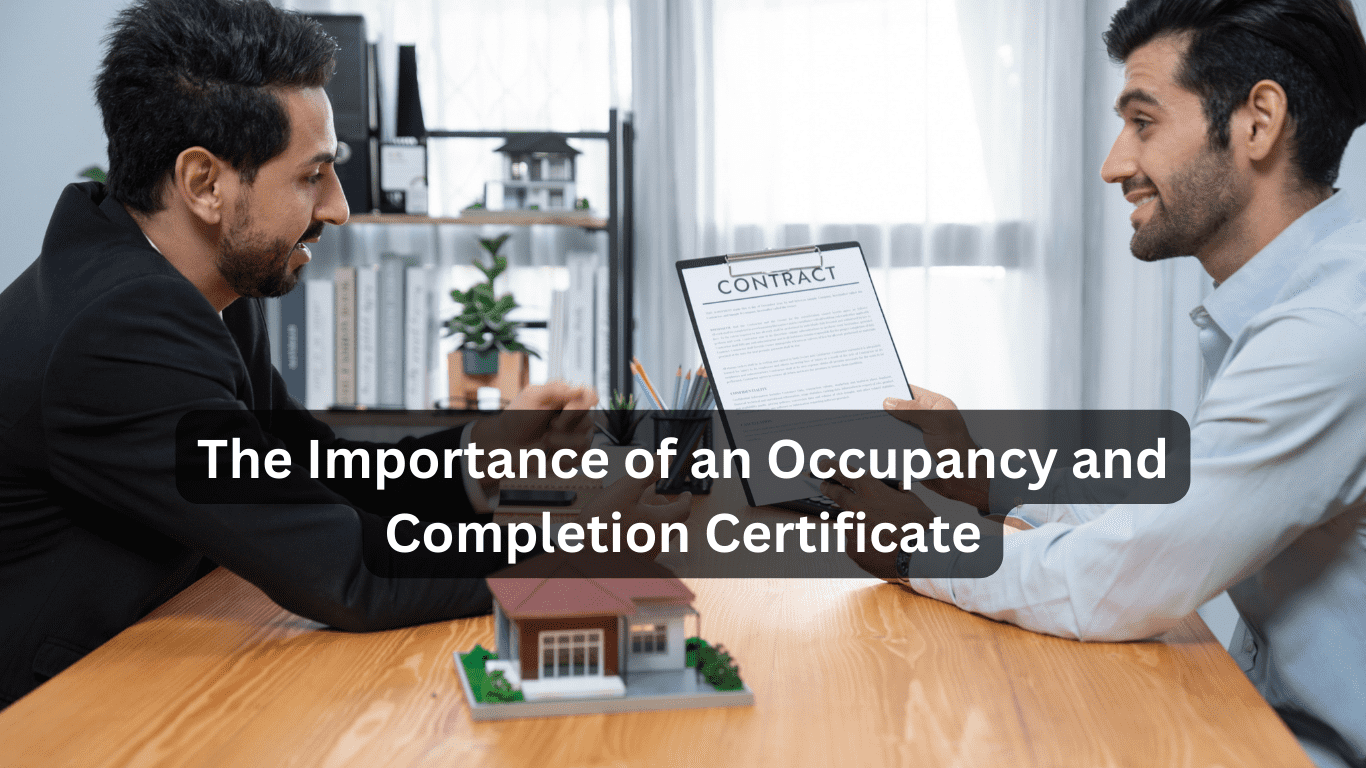Buying a home in India is not just a financial decision; it's a significant milestone in one's life. Purchasing your own home is all about the joy of owning your own space or the security it offers.

1. Understanding Your Budget
Before diving into the world of real estate, it's crucial to understand your financial capacity. Begin by assessing your savings, income, and existing debts. Take into account extra expenses like registration fees, stamp duty, and maintenance charges.This will give you a clear picture of how much you can afford to spend on your new home.
2. Researching Locations
The location of your future home plays a significant role in your overall living experience. Factor in elements like the distance to your office, schools, hospitals, and shopping centers. Additionally, research the neighborhood's infrastructure and future development plans to ensure long-term appreciation of your investment.
3. Choosing the Right Type of Property
India offers a diverse range of residential properties, including apartments, villas, and independent houses. Each type has its own set of advantages and challenges. Apartments often offer amenities and security but may lack privacy. On the other hand, independent houses provide more space and freedom but require higher maintenance. First time home buyers should consider their lifestyle preferences and future resale value before making a decision.
4. Legal Considerations
Navigating the legalities of property purchase in India can be complex. Get acquainted with the property laws and regulations in your area. Ensure that the property you're interested in has clear titles and all necessary approvals from local authorities. It's advisable to seek legal assistance to verify documents and safeguard your interests.
5. Selecting a Reputable Developer
When buying from a developer, research their track record and reputation in the market. Visit their past projects to assess the quality of construction and timely delivery. Verify that the project has received all required approvals and licenses from relevant authorities. Choosing a reputable developer reduces the risk of project delays or legal issues.
6. Home Loan Options
If you need financial support, investigate different home loan choices provided by banks and financial institutions.Compare interest rates, loan terms, and processing fees before making a decision. Ensure that you understand the terms and conditions of the loan agreement, including prepayment penalties and foreclosure charges.
7. Inspecting the Property
Before finalizing the purchase, conduct a thorough inspection of the property. Hire a professional inspector to assess the structural integrity and condition of the house. Check for any defects or repairs that may require immediate attention. A detailed inspection ensures that you're making an informed decision and helps avoid costly surprises later on.
8. Negotiating the Price
Real estate prices in India can be negotiable, especially in a buyer's market. Research the current market trends and comparable property prices in the area. Come prepared with a realistic offer and be willing to negotiate with the seller. First time home buyers should consider factors such as property condition, location, and prevailing market conditions when negotiating the price.
9. Finalizing the Purchase
Once you've agreed on the price, review the sale agreement carefully. Ensure that all terms and conditions are clearly stated and understood by both parties. If needed, consult with legal professionals before finalizing the agreement. Complete all legal formalities, including property registration and payment of stamp duty, to complete the purchase process.
10. Preparing for Moving
As the closing date approaches, start planning your move-in process. Budget for relocation expenses such as packing, transportation, and utility setup fees. Make arrangements for transferring or disconnecting existing services at your current residence to avoid any disruptions during the move.
11. Setting Up Utilities and Services
Upon taking possession of your new home, prioritize setting up essential utilities and services. Contact local authorities to connect water, electricity, and gas services. Subscribe to internet and cable services to ensure connectivity from day one. Register with the local municipality for property tax and other civic amenities.
12. Understanding Maintenance Responsibilities
Owning a home comes with ongoing maintenance responsibilities. Familiarize yourself with common maintenance tasks such as plumbing repairs, electrical maintenance, and regular cleaning. Budget for these expenses to ensure timely upkeep of your property and preserve its value over time.
13. Getting Familiar with the Neighborhood
Take time to explore your new neighborhood and its surroundings. Identify nearby amenities such as parks, schools, hospitals, and supermarkets. Introduce yourself to neighbors and participate in community events to build a sense of belonging. Getting familiar with the neighborhood enhances your overall living experience and facilitates a smooth transition into your new home.
14. Seeking Legal Assistance if Needed
In case of any legal disputes or concerns post-purchase, don't hesitate to seek legal assistance. Whether it's resolving property disputes or addressing contractual issues, consulting a legal expert can help protect your rights and interests. Addressing legal matters promptly can prevent potential complications and ensure a hassle-free homeownership experience.
Conclusion
Buying a home in India is an exciting journey filled with opportunities and challenges. By following these tips for first time homebuyers, you can navigate the process with confidence and make informed decisions. Remember to prioritize your needs, conduct thorough research, and seek professional guidance when needed. With careful planning and diligence, you'll soon be enjoying the comfort and security of your new home.
FAQs
Is it necessary to hire a real estate agent when buying a home in India?
While hiring a real estate agent can streamline the process and provide valuable insights, it's not mandatory. Many buyers prefer to conduct their own research and negotiations to save on commission fees.
What are the common challenges faced by first time homebuyers in India?
First time homebuyers in India often encounter challenges such as navigating complex legalities, assessing property values accurately, and securing affordable financing options.
How long does the home buying process typically take in India?
The timeline for purchasing a home in India can vary depending on factors such as property availability, legal clearances, and negotiation terms. On average, it may take anywhere from a few weeks to several months to complete the process.
What are the key documents required for buying a home in India?
Essential documents for purchasing a home in India include identity proof, address proof, income proof, property documents, and NOC (No Objection Certificate) from relevant authorities.
What should I do if I encounter legal issues after purchasing a home in India?
If you encounter legal issues post-purchase, it's advisable to seek legal assistance immediately. Consult a qualified lawyer specializing in real estate matters to assess your options and resolve the issue efficiently.



































.png)
-min.png)
-min.png)
-min.png)
-min.png)







.png)








